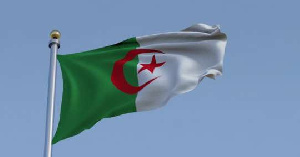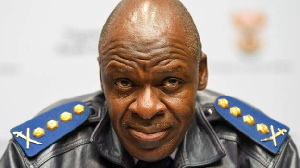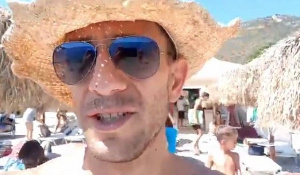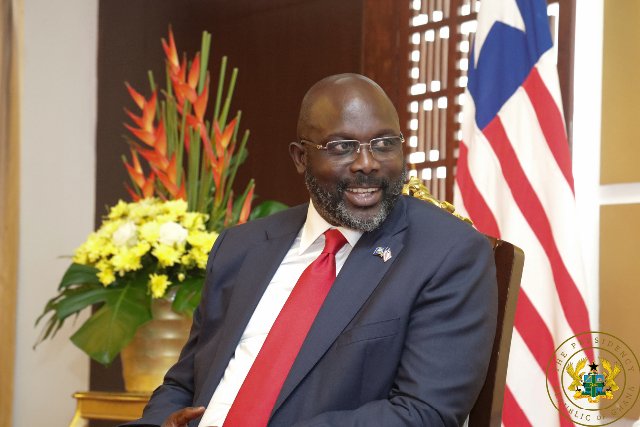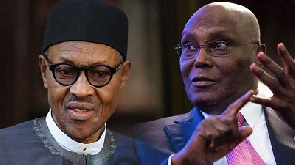DR Congo: Tshisekedi pledges to free political prisoners
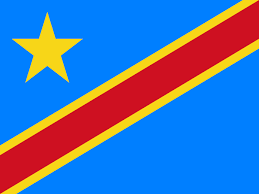
The new president of the Democratic Republic of Congo, Felix Tshisekedi, says he wants to free all political prisoners within the next 10 days.
In a speech he said he would ask the justice minister to release all those held in jail for their political views.
Mr Tshisekedi assumed office in January, taking over from Joseph Kabila, who had been in power for 18 years.
But the result was disputed and Mr Kabila remains politically powerful.
Mr Tshisekedi made the announcement as he unveiled his “emergency programme for the first 100 days”.
“To cement the democratic advances achieved in our country, I have made reducing tensions a major goal,” he said.
“I will order the justice minister to take all necessary measures within the law towards a conditional release of all individuals detained for opinion offences – notably during the protests held before the elections.” Media captionDR Congo’s newly elected president tells crowd he will free political prisoners
His speech also raised the possibility of political exiles being allowed to return home to the DR Congo.
A test for the new leader?
Mr Tshisekedi’s victory in presidential polls marked the first orderly transfer of power since DR Congo’s independence in 1960. Previous leaders have been toppled in coups or assassinated.
He ran as an opposition candidate, but another opposition challenger, Martin Fayulu, insisted he had won and his allegations of fraud were supported by some election observers.
Some reports suggested that Mr Kabila and Mr Tshisekedi had struck a deal, although both sides deny this.
The BBC World Service’s Africa editor, Will Ross, says Mr Tshisekedi’s pledge on prisoners appears to be a swipe at his predecessor – and whether they are actually freed will be a test of how much power he really has,.
BBC

